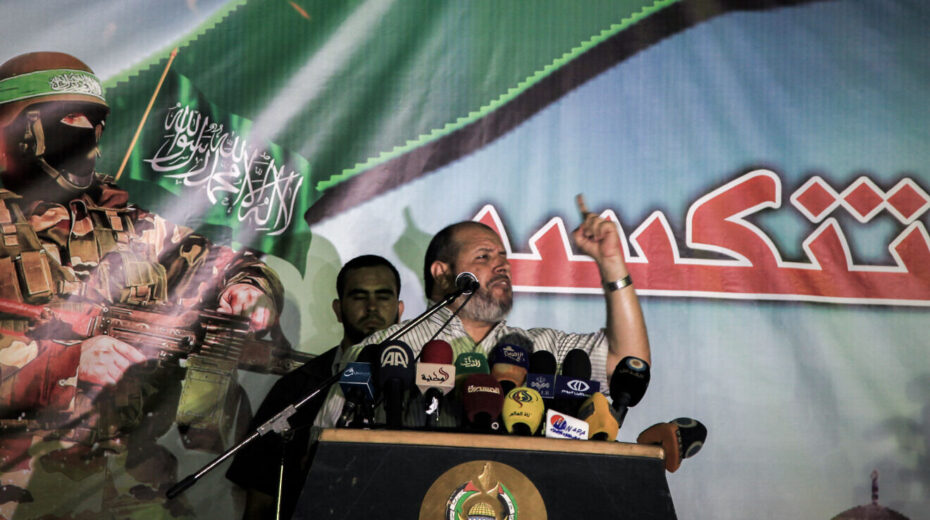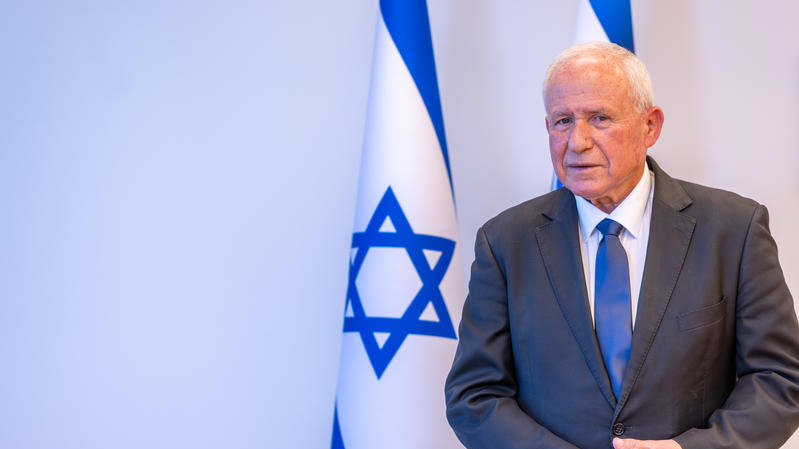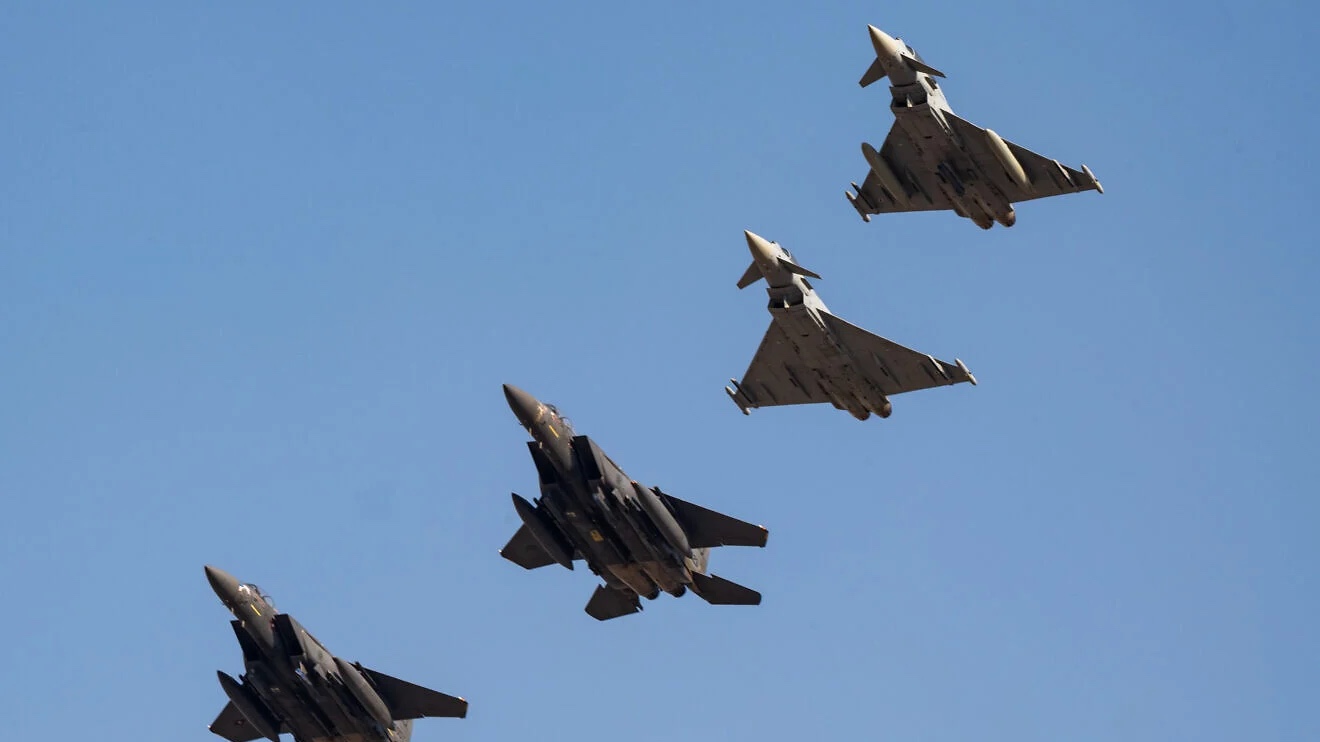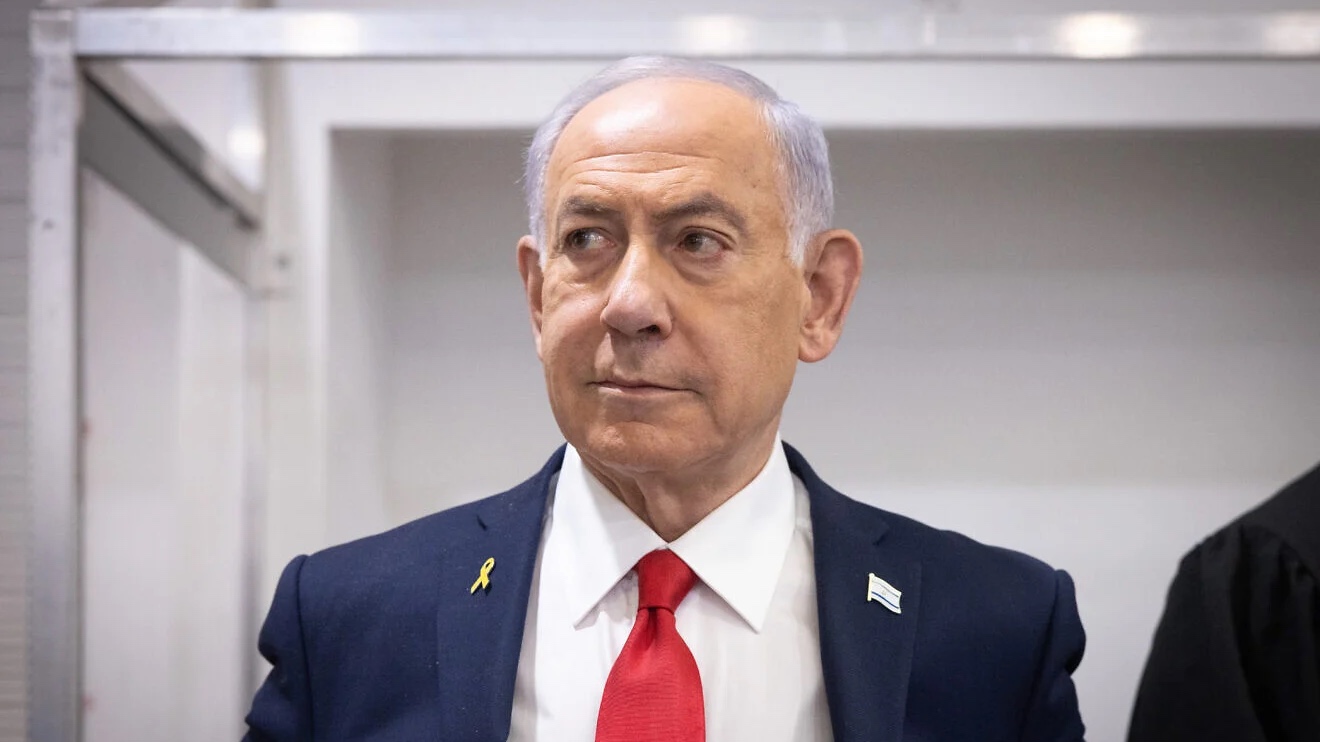Hamas and Palestinian Authority delegations met in Cairo on Tuesday to discuss who will govern the Gaza Strip following the war, but reportedly left without actually signing an agreement both sides tentatively said they had accepted.
The deal on the table calls for co-governance of the coastal enclave, with a committee of 10-15 “nonpartisan” Palestinian officials overseeing critical issues like border crossings.
But the two sides are said to be at odds over two points:
- Overall security control of Gaza, which would impact what comes through the border crossings;
- Hamas wants all its civil and military personnel to continue receiving salaries.
In other words, Hamas insists on continuing to play an outsized role, if not exercising sole authority over a post-war Gaza.
For Israeli observers, this would be akin to allowing the Nazi Party to continue exercising political and even some military authority in Germany following World War II.
See: Hamas must be defeated, not legitimized
The problem is that the modern-day Nazis of Hamas are deeply entrenched. They still field a sizable armed force, enjoy widespread public support, and hold a majority in the Palestinian Legislative Council.
Hamas seizes Gaza
The last time the Palestinians held a legislative election was in 2006, when Hamas and Hamas-affiliated lawmakers won 74 out of 132 seats. A Hamas government was sworn in shortly after, but its power was severely curtailed by Palestinian Authority President Mahmoud Abbas and his Fatah party, leading to Hamas’s violent takeover of Gaza a year later.
The fact that Hamas had built up a military force capable of seizing the Gaza Strip was itself a gross violation of the so-called “Oslo Accords,” which stipulate that the Palestinian Authority was to permit no other armed groups to operate in territories under its control.
Article XIV, Item 4 of the Israeli-Palestinian Interim Agreement on the West Bank and the Gaza Strip (aka “Oslo II”) reads:
“Except for the arms, ammunition and equipment of the Palestinian Police described in Annex I, and those of the Israeli military forces, no organization, group or individual in the West Bank and the Gaza Strip shall manufacture, sell, acquire, possess, import or otherwise introduce into the West Bank or the Gaza Strip any firearms, ammunition, weapons, explosives, gunpowder or any related equipment.”
For Israelis, the fact that not only are there numerous heavily-armed Palestinian groups running around today, but that Hamas was able to establish and equip a full-fledged military force is a fundamental breech of this agreement and the primary reason for the collapse of the peace process.
Israelis distrust both Hamas and the PA
As far as Israel is concerned, Hamas must play no role in the future governance of the Gaza Strip, and most certainly cannot be allowed to continue fielding an armed force. Anything else is a continued fundamental breech of the Oslo Accords and a threat to Israeli security.
In a July 2024 speech before the US Congress, Prime Minister Benjamin Netanyahu said Israel aimed to “destroy Hamas’s military capabilities” and end its rule in Gaza.
That same month, US State Department spokesman Matthew Miller signaled that the Biden Administration was on the same page, stressing that “we do not support a role for Hamas” in post-war Gaza. “There can’t be a role for a terrorist organization,” stated Miller.
British Foreign Secretary David Lammy echoed that sentiment in September, telling reporters that “there can be no role for Hamas going forward.”
At this point the Israeli public also views the Palestinian Authority as untrustworthy, given that its own failures and violations are what allowed Hamas to gain so much popularity and power in the first place.
Whether this was due to anti-Israel scheming, sheer incompetence, or a simple inability to exert control on the PA’s part, the conclusion is the same: The Palestinian Authority is not a viable peace partner.
See related:














